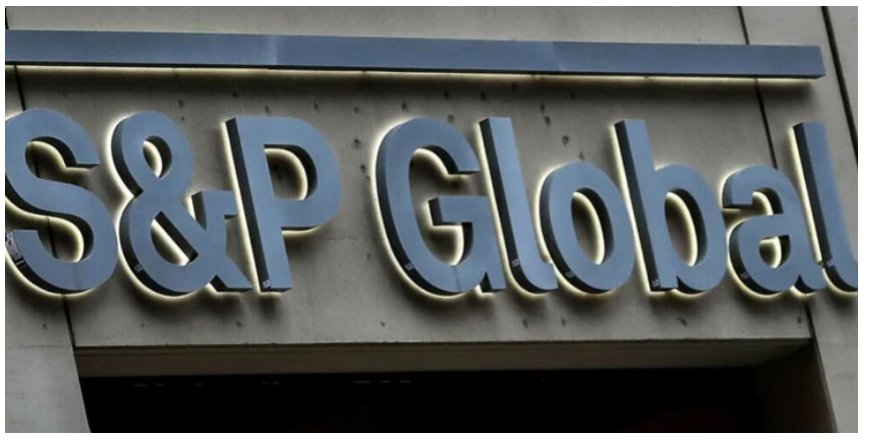Pakistan’s economy stabilized after IMF deal: S&P

1. The Standard & Poor (S&P) Global has declared the Pakistani economy stable after the International Monetary Fund (IMF) $7 billion deal, ARY News reported.
S&P Global Ratings has maintained its ‘CCC+’ long-term sovereign credit rating and ‘C’ short-term rating for Pakistan, with a stable outlook on the long-term rating. The ongoing IMF deal is expected to improve foreign exchange reserves, aiding Pakistan in meeting its debt obligations. However, the country remains reliant on debt rollovers to manage its foreign debt.
Despite the current stability, Pakistan will continue to face economic pressure due to debt repayments. Factors such as inflation, monetary policy, and uncertainty may also impact the economy. Fortunately, the increase in foreign exchange reserves has lessened the risk of default. To ensure economic stability, controlling foreign funds and managing the current account deficit are crucial.
In related news, Fitch Ratings recently upgraded Pakistan’s Long-Term Foreign-Currency Issuer Default Rating (IDR) from ‘CCC’ to ‘CCC+’ on July 29. This upgrade reflects greater confidence in the availability of external funding, supported by Pakistan's staff-level agreement with the IMF on a new 37-month USD7 billion Extended Fund Facility (EFF). Fitch emphasized, however, that Pakistan's substantial funding needs make it vulnerable if it fails to implement necessary reforms, which could jeopardize program performance and funding. The rating agency remains optimistic, citing the country's strong track record of support and significant policy measures in the recent budget for the fiscal year ending June 2025 (FY25).
Fitch also noted that Pakistan successfully completed its previous nine-month Stand-by Arrangement with the IMF in April.

















































